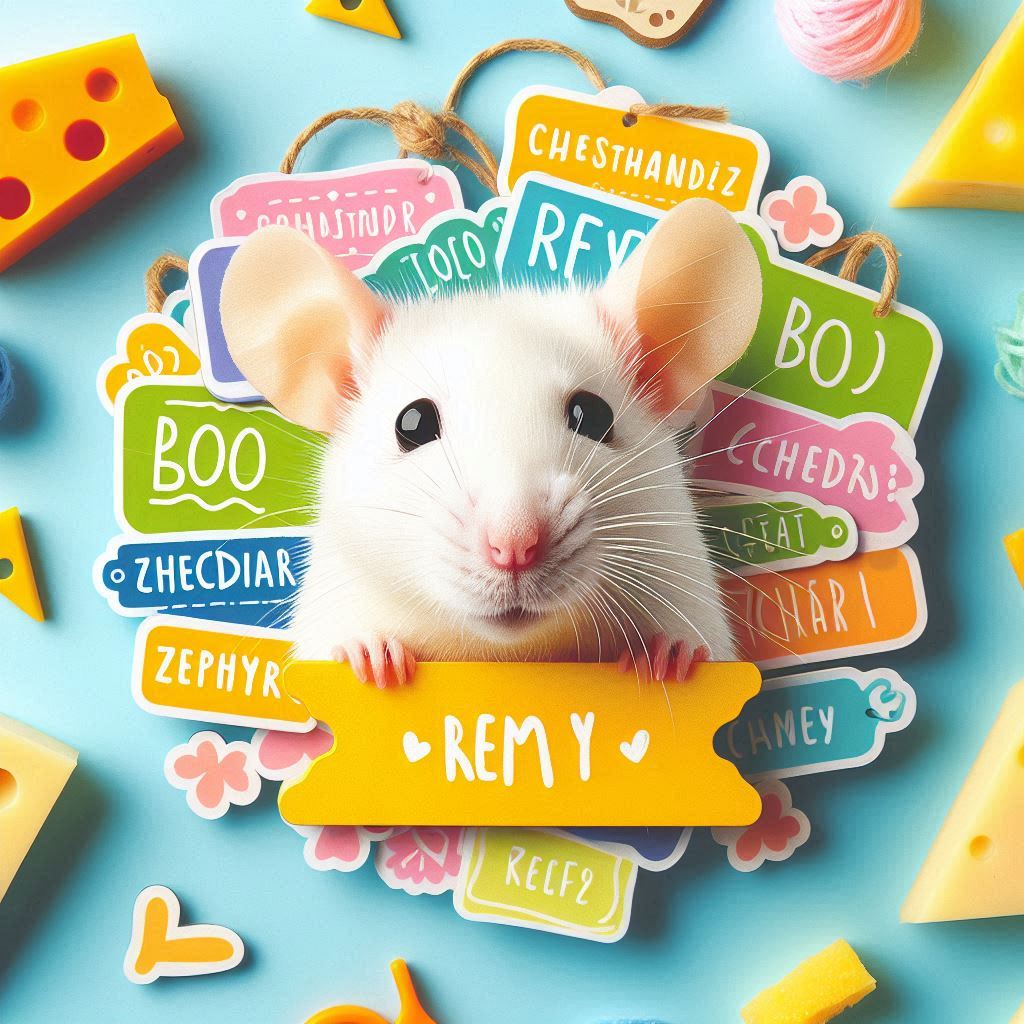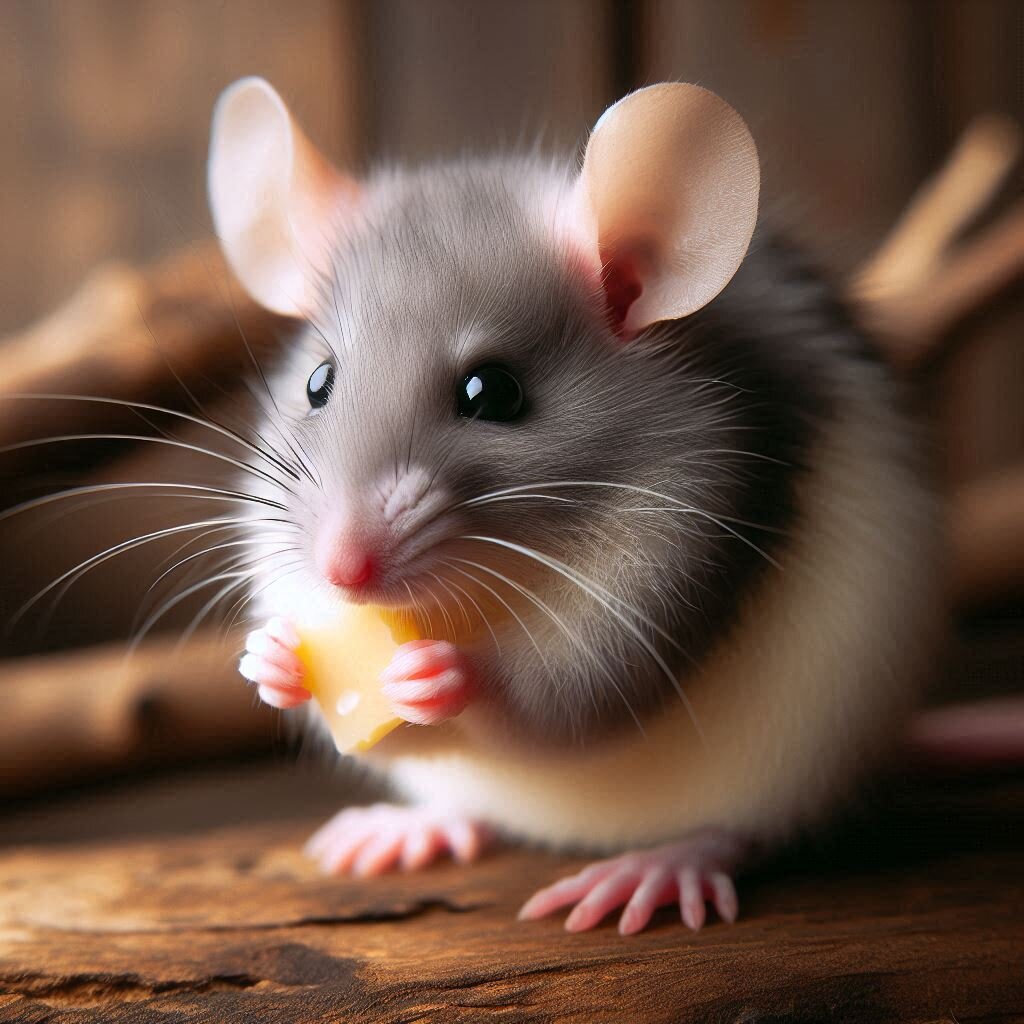Table of Contents
Tips to Extend Your Pet Rat’s Lifespan, Pet rats, known for their intelligence and playful nature, have become popular companions. But as with any pet, understanding their lifespan is crucial to providing the best care. So, how long do pet rats live? Let’s dive into this topic and explore expert tips for extending their lifespans.
Average Lifespan of Pet Rats
On average, pet rats live between 2 to 3 years. However, with proper care, some rats can live even longer. Genetics, diet, and environment all play a significant role in determining the longevity of your pet rat.
Factors That Affect a Pet Rat’s Lifespan
Several factors can influence how long your pet rat lives. Understanding and addressing these can help ensure your furry friend has a longer, healthier life.
1. Nutrition and Diet
A balanced diet is essential for the overall health of pet rats. Feeding them a mix of high-quality rat pellets, fresh fruits, and vegetables can significantly improve their well-being. Avoid foods high in sugar and fat, as these can lead to obesity and other health problems.
2. Regular Exercise
Pet rats are energetic and need plenty of physical activity to stay healthy. Providing toys, tunnels, and space for them to climb and explore can help prevent obesity and other related health issues.
3. Clean Living Environment
A clean and hygienic cage prevents infections and diseases in pet rats. Make sure to clean their cage regularly and provide fresh bedding. A well-ventilated and spacious cage can reduce stress and promote better health.
4. Regular Veterinary Checkups
Routine checkups with a vet can help detect any health issues early on. Pet rats are prone to respiratory infections and tumors, so regular vet visits are crucial for catching problems before they become serious.
5. Social Interaction
Rats are social animals, and loneliness can negatively impact their health. Keeping them in pairs or groups ensures they get enough interaction. Additionally, spending time with your pet rat daily can help them feel happy and engaged.
6. Genetic Factors
Just like humans, the genetics of a rat can play a role in its lifespan. Some rats may be genetically predisposed to certain diseases or conditions. While you can’t change genetics, adopting from reputable breeders can help reduce the risk of hereditary health issues.
Signs of Aging in Pet Rats
As rats age, you may notice changes in their behavior and appearance. Common signs of aging include reduced activity, weight loss, and changes in their coat’s texture. It’s essential to provide extra care and attention to elderly rats to ensure they remain comfortable.
How to Increase Your Pet Rat’s Lifespan
By providing proper care, nutrition, and regular vet checkups, you can help your pet rat live a longer and healthier life. Ensure they have a stimulating environment and social interactions to keep them mentally and physically active.
Conclusion
While the average lifespan of a pet rat is relatively short, you can make a big difference by giving them the best care possible. From a balanced diet to a clean living environment and regular vet visits, every step you take can help extend your pet rat’s life.
FAQs About Pet Rats’ Lifespan
1. What is the average lifespan of a pet rat?
Pet rats typically live between 2 to 3 years, but with excellent care, some can live longer.
2. Can I increase my pet rat’s lifespan?
Yes, by providing a healthy diet, regular exercise, a clean environment, social interaction, and routine vet checkups, you can help extend your pet rat’s life.
3. What should I feed my pet rat for a longer life?
A balanced diet consisting of high-quality rat pellets, fresh fruits, and vegetables can promote better health and longevity.
4. How often should I clean my pet rat’s cage?
Cleaning the cage weekly and providing fresh bedding is crucial for preventing diseases and infections, and ensuring your pet rat stays healthy.
5. Do pet rats need regular vet checkups?
Yes, regular checkups are essential to catch any health issues early, especially respiratory problems or tumors that pet rats are prone to.


